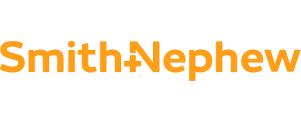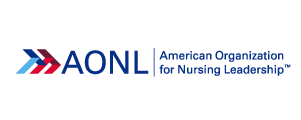
Protocols to Prevent SSIs and SSCs: Initiatives to Improve Outcomes
Protocols to Prevent SSIs and SSCs: Initiatives to Improve Outcomes
[Sponsored] Hospital-acquired conditions, such as surgical site infections (SSIs) and complications (SSCs), are a major burden to the U.S. health care system. With 60% of SSIs considered to be preventable, clinical protocols can make a critical difference in avoiding delayed discharges, costly readmissions, and delayed healing post-surgery. In this executive dialogue, nurse executives discuss how organizations can reduce the incidence of SSIs and SSCs through greater transparency, collaboration and enhanced clinician and patient education.
This executive dialogue will highlight key findings on:
- Continued fatigue from the COVID-19 pandemic presents an ongoing challenge for hospitals and health systems. Emphasis must be placed on adherence to handwashing and basic infection prevention techniques to prevent and manage SSIs and SSCs.
- Identifying risk factors for SSIs enables targeted education to prevent their occurrence. One solution is to implement a pre-surgical preparation clinic to work closely with high-risk patients in the weeks leading up to their procedure.
- Data is a strong influencer and can significantly impact clinician behavior. Organizations should consider sharing individual performance data in advance of team meetings to facilitate a productive discussion.
- Additional guidelines are needed to identify when to delay surgery for patients at high-risk for infections.
- Gaps in patient education can result in post-discharge infections leading to readmissions. Organizations should reassess their patient education and develop easy to understand guidelines for wound care and conduct patient follow-up calls post-discharge.
Sponsored by


Related Resources
Sponsored White Papers
This white paper will also provide an overview of a recent AMN Healthcare survey that looked at the welfare of our frontline caregivers.
AONL has developed innovative models of care resources from a real-time survey conducted at the peak of the COVID-19 pandemic.
Sponsored White Papers
Easy to use technology enables providers to simply be providers. By augmenting patient care with technology services, health care providers can focus…
Sponsored White Papers
The need for nursing to move to one national licensure model is critical for each state’s ability to provide healthcare that Americans expect and…
Standards/Guidelines
Nurses are high-level targets for cybersecurity scams, including spear phishing, impersonations, malware and ransomware attacks. Scammers target the…

